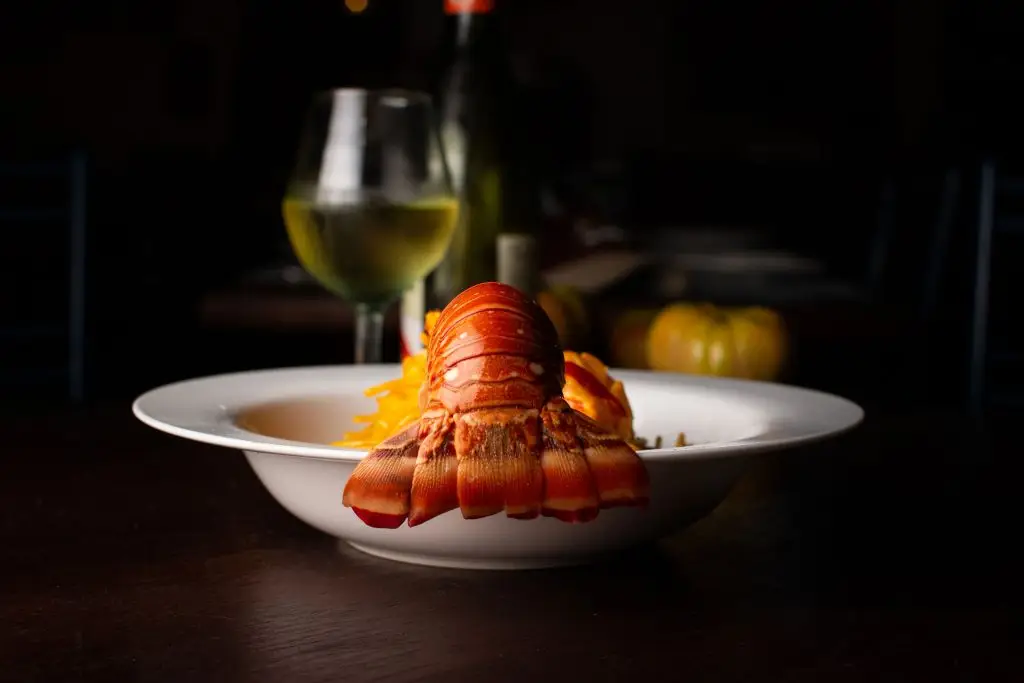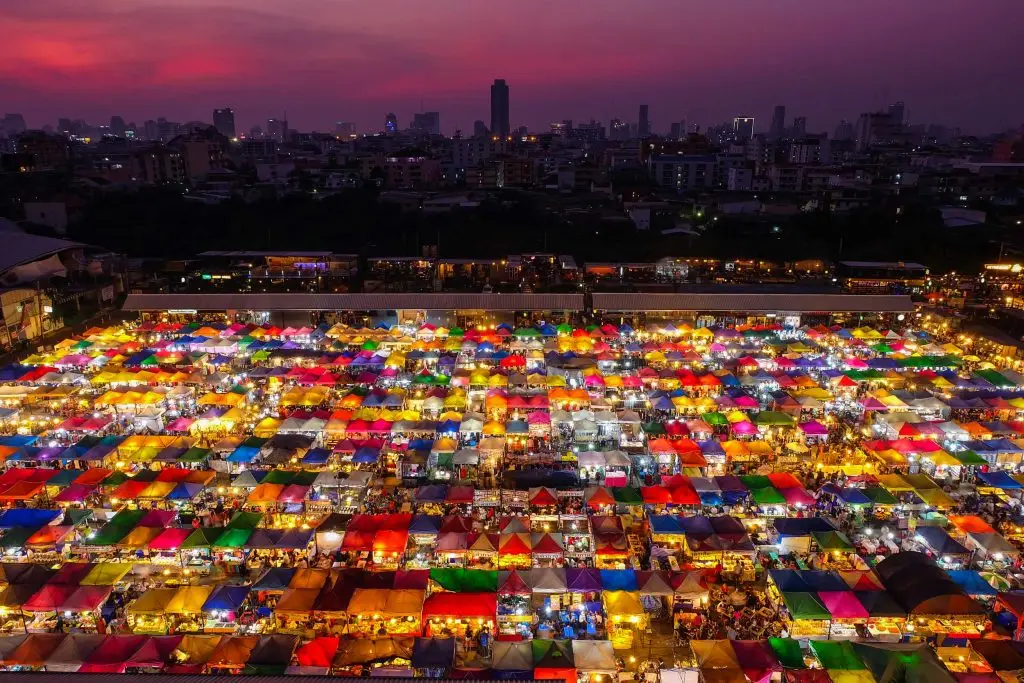There are millions of Thai people with Chinese ancestry, which is why every February all over the country the Chinese New Year is celebrated with loud firecrackers, colourful street parades, food stalls and local entertainment. The date of the festival changes every year depending upon the lunar calendar, in 2020 it falls on January 25th. The year of the Rat, it represents the beginning of a new day, and in their culture, rats are seen as a sign of wealth.
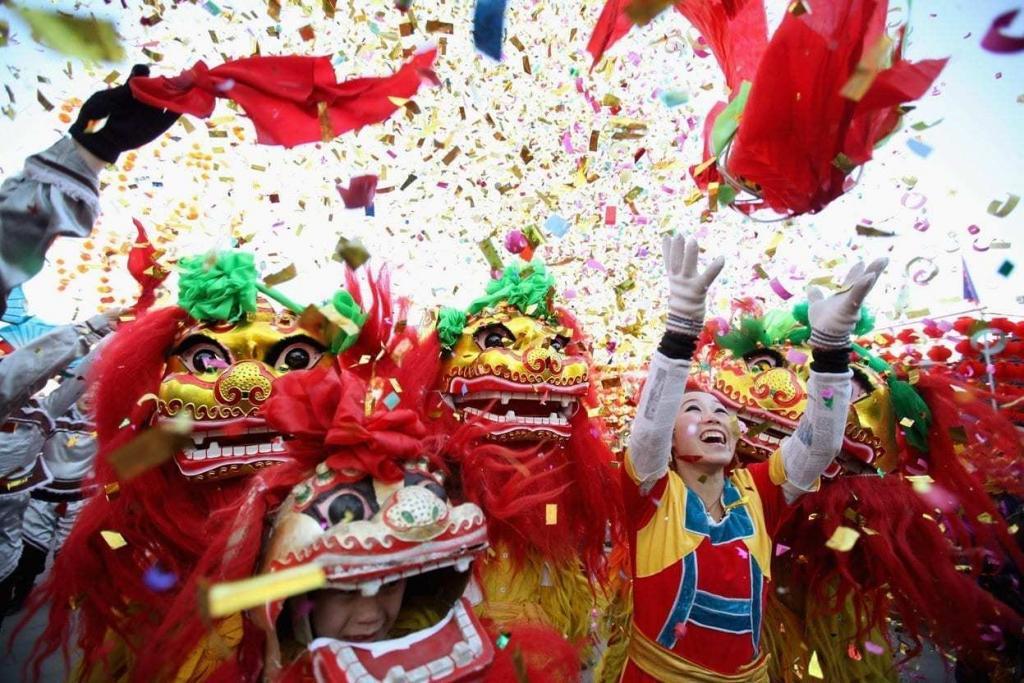
Phuket Town Festivities
Phuket has a large population of Thai Chinese, descended from immigrants who arrived on the island for the tin-mining trade in the 1800s and 1900s. It’s one of the best places to enjoy the festivities in Thailand as it’s combined with the Old Phuket Town Festival. Most of the entertainment is located in the Chinese temples and shrines, and around the historical Sino-Portuguese quarter of the town, along Thalang Road, Dibuk Road and Phang Nga Road. It’s a time of celebration enjoyed by everyone, the local community and tourists, as they come together to wish each other good fortune for the year ahead.
Gorgeous red and gold Chinese paper lanterns and colourful lights hang above the streets, food vendors selling all kinds of traditional Asian foods and sweet snacks set up stalls, and the entrances of shops and houses provide a kaleidoscope of colour with decorations of flowers and banners to encourage luck and happiness.
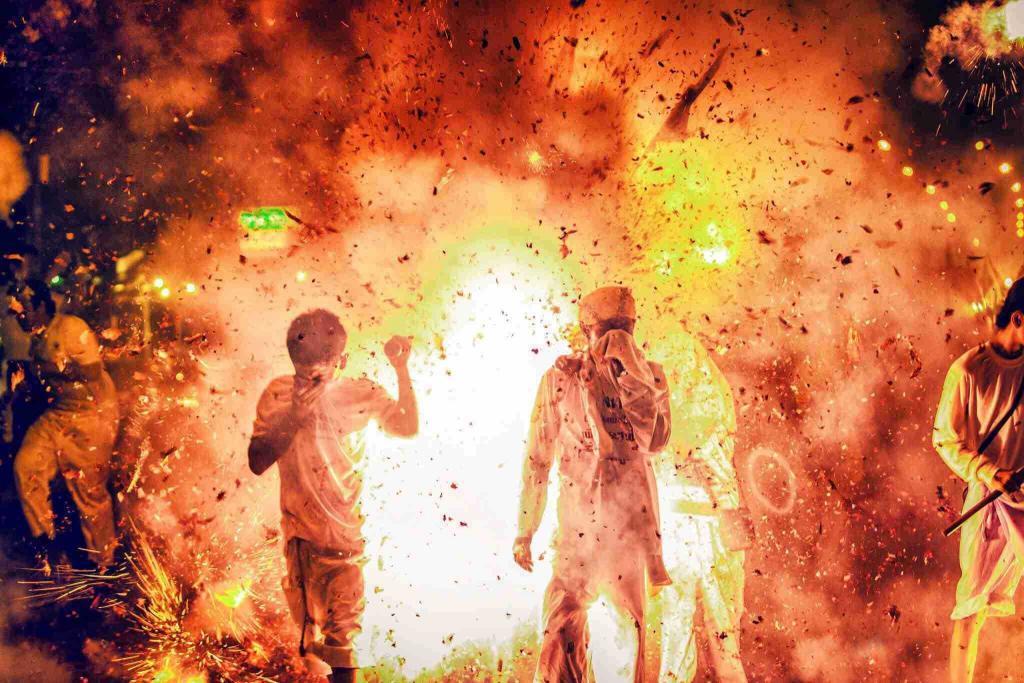
Exploding Firecrackers
Legend has it that a mythical beast called Nien, a snake demon, would ravage people’s homes on the night of New Year’s, so the houses put out platters of oranges, tangerines and dried sweet fruits as offerings, and exploding firecrackers are lit in the hope of scaring the beast away. Firecrackers are an important custom at New Year celebrations, you’ll hear them going off day and night during this time, as well as keeping the beast and evil spirits at bay, they also represent good luck and happiness for the coming year.
The highlights of the festivities are the vibrant processions as the dragon is brought to life, and lion dancers and drummers weave and beat their way through the busy streets. At the Chinese temples’ worshippers, locals, and tourists jostle for space inside, eager to see the remarkable stilt-walkers and skilled acrobats as they climb onto each other’s shoulders to make huge human pyramids and spin on poles that are nearly 40 feet tall.
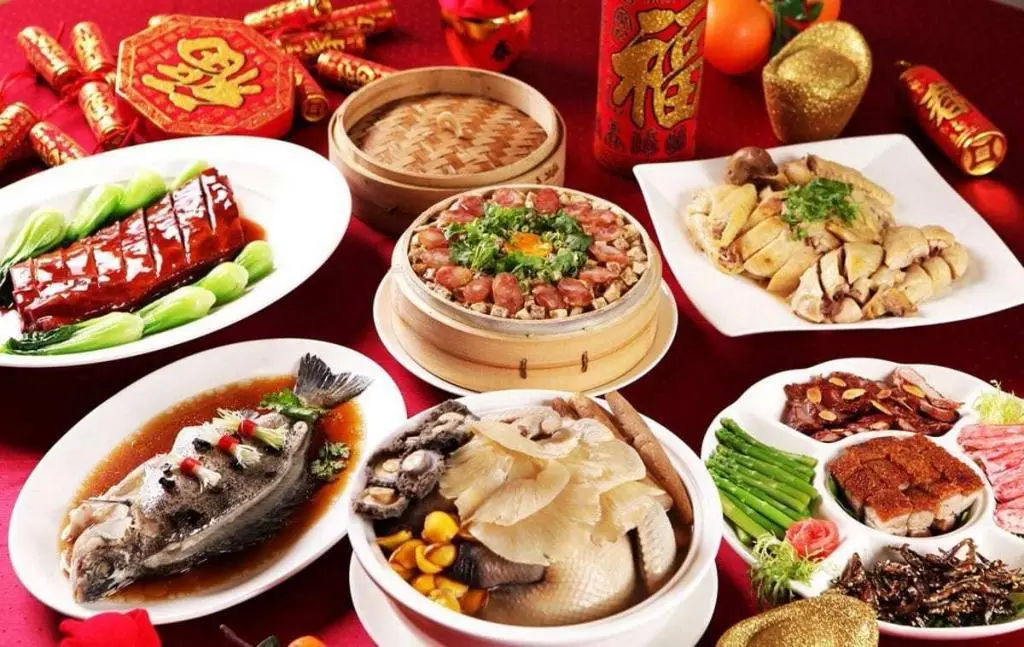
Symbolic Food
As with most celebrations, particularly in Thailand, food plays an important part and the New Year is a great opportunity to sample special delicacies. Certain foods have symbolic meanings of luck and success, dumplings for wealth, spring rolls for a fresh start, noodles for longevity, glutinous rice balls for family reunion and wontons for wealth and treasure.
Traditionally, this is a time for families to spring-clean their house, spend time together, feast on specially prepared cuisine and take part in merit-making activities. Appearance and attitude during this time set the tone for the rest of the year, red is a popular colour to wear as it represents a sunny and bright future. Customarily, ‘lai see’, red and gold envelopes with money inside for prosperity and good luck, are given by seniors, to new-borns and children, unmarried friends, employees, and service staff.
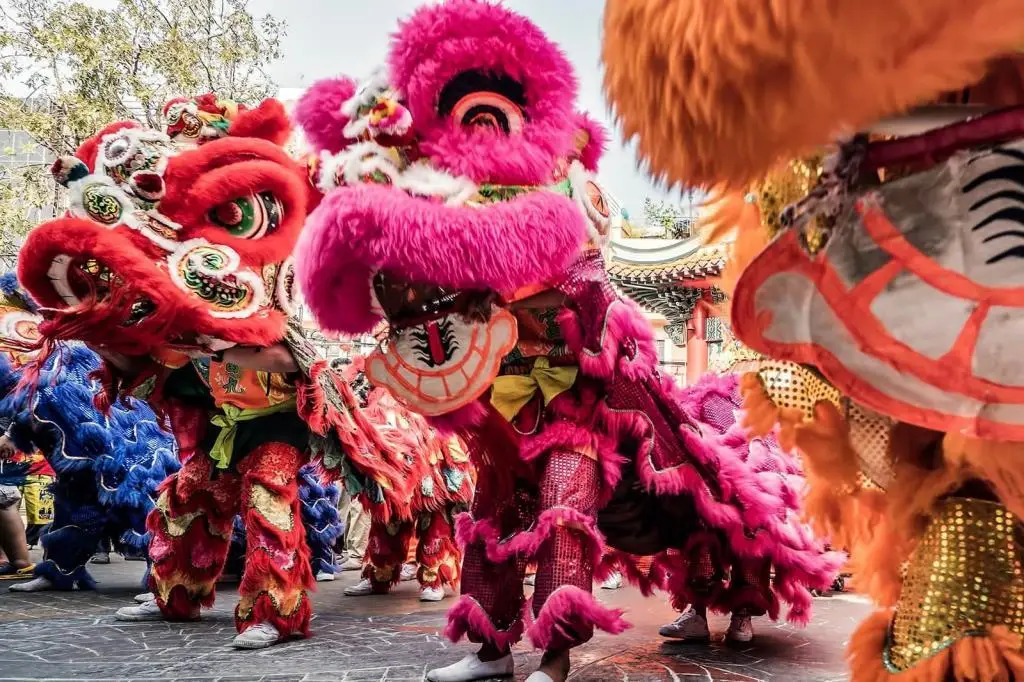
Cultural Shows & Banquets
If you are visiting Phuket at this time of year then take a trip to town and join in the festivities, try some of the delicious traditional foods and get some spectacular photos of the colourful scenes. Many of the shopping centres, such as Central Festival, Floresta and Jungceylon, offer discounts and promotions on products and host cultural shows from China and Thailand, and some of the larger hotels and restaurants offer sumptuous Chinese banquets with free-flow house wine and live entertainment.

